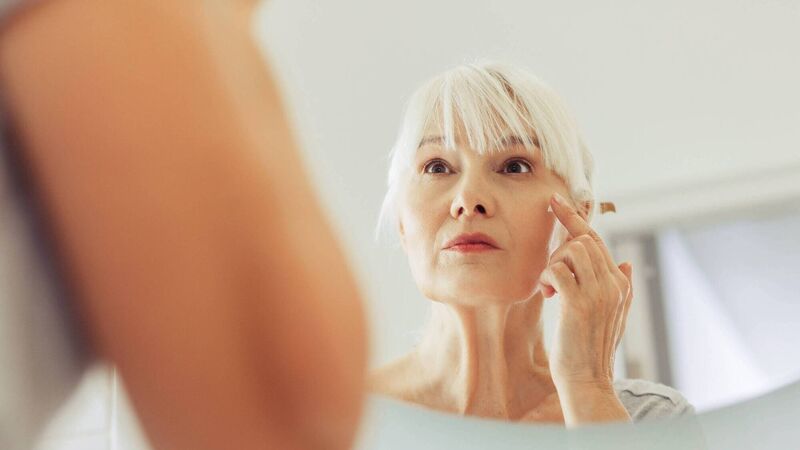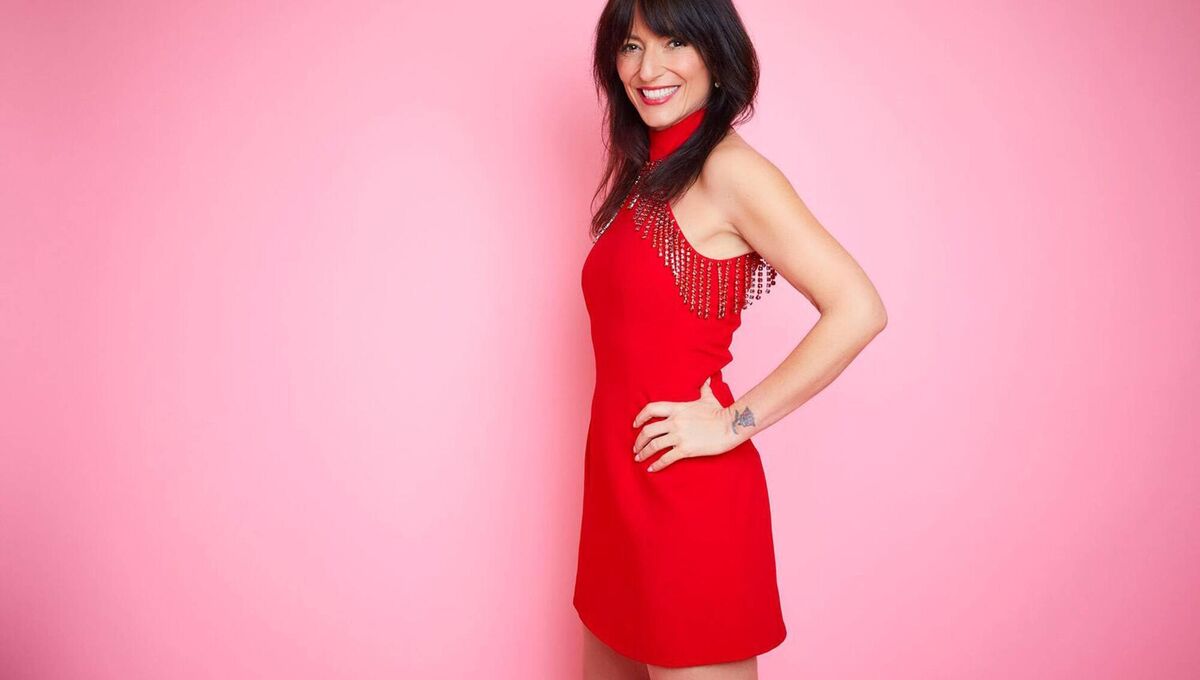Jennifer Horgan: Women need to teach ‘experts’ what menopause really means

There are no hard and fast rules about how women react to menopause, with vastly differing symptoms possible between individual women.
ur culture likes to generalise women.

Senator O’Reilly said: “The Drugs Payment Scheme is at a high level. Not everyone will reach the threshold and I feel particularly bad for women who just miss out on the medical card. But I do believe free HRT is coming down the tracks. The costs are small to the government. Medical Card users cost the State about €4m for HRT, and free HRT for all would only amount to about €10m.
"The impact on healthcare could be considerable. Women are living much longer so it makes financial sense for the State to help women take the appropriate treatment for their bodies at the appropriate time.”






